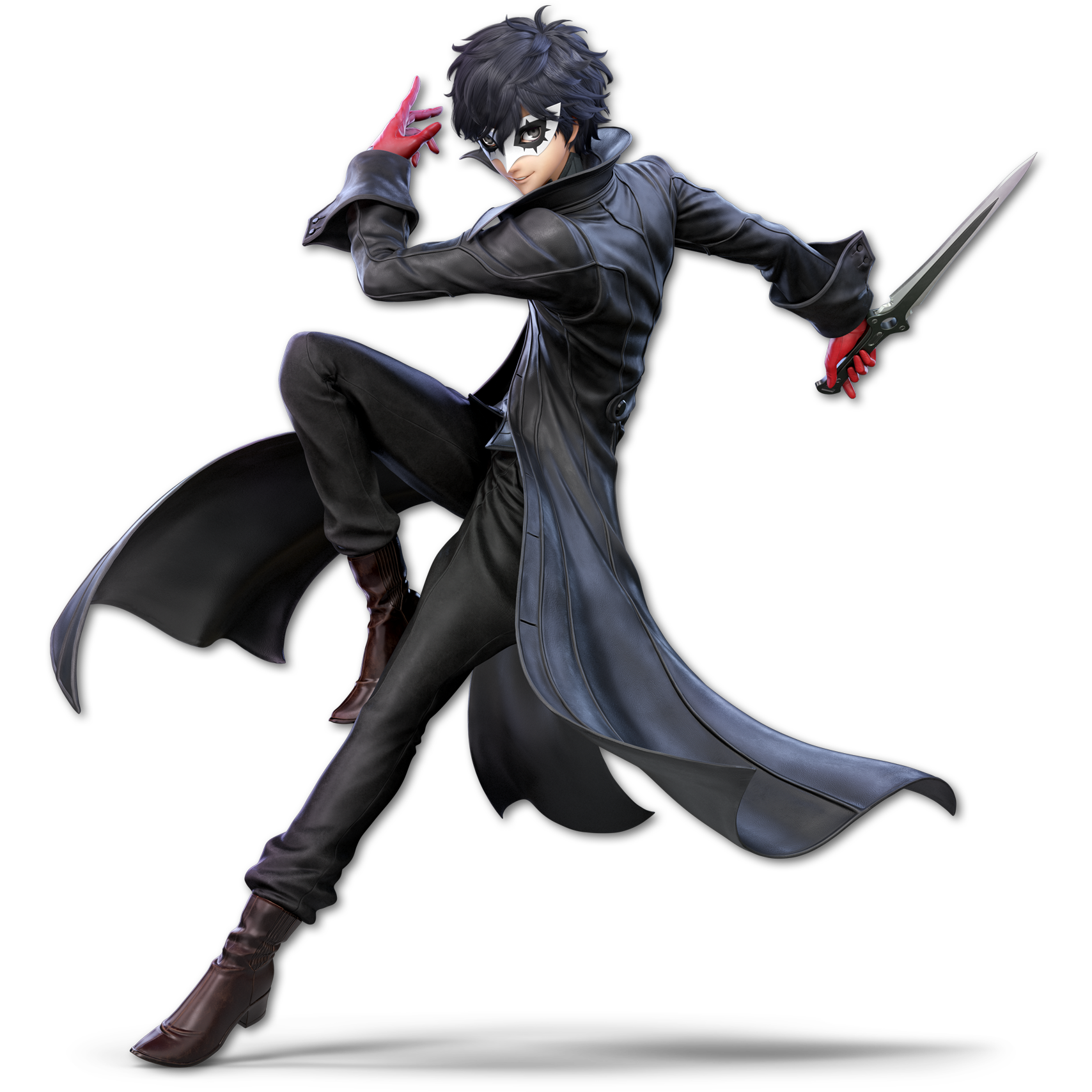

The letter says that Elisabet is "studying" Alma and mentions the nurse's orgy and abortion. Stroop Report photograph, found by Elisabet, of Polish Jews captured after the Warsaw Ghetto uprisingĪlma drives to town to mail their letters, and notices that Elisabet's is not sealed. Alma became pregnant, had an abortion and continues to feel guilty. Two young boys appeared, and Katarina initiated an orgy.

Alma tells a story of how, while she was already in a relationship with Karl-Henrik, she sunbathed in the nude with Katarina, a woman she had just met.

She talks about her fiancé, Karl-Henrik, and her first affair. The doctor speculates that Elisabet may recover better in a cottage by the sea, and sends her there with Alma.Īt the cottage, Alma tells Elisabet that no one has ever really listened to her before. Alma reads her a letter from Elisabet's husband that contains a photo of their son, and the actress tears the photograph up. In the hospital, Elisabet is distressed by television images of a man's self-immolation during the Vietnam War. Elisabet is a stage actress who has suddenly stopped speaking and moving, which the doctors have determined is the result of willpower rather than physical or mental illness. One of the women may be Alma, a young nurse assigned by a doctor to care for Elisabet Vogler. He sees a large screen with a blurry image of two women.
#PERSONA 5 WIKI COFFEE SERIES#
It also influenced many later directors, including Robert Altman and David Lynch.Ī projector begins screening a series of images, including a crucifixion, a spider and the killing of a lamb, and a boy wakes up in a hospital or morgue. Many critics consider Persona one of the greatest films ever made, and it was ranked the fifth-best in Sight & Sound 's 1972 poll and 17th in 2012. The censored content was reinstated in English-language restorations in 2001. It won Best Film at the 4th Guldbagge Awards, and was Sweden's entry for the Academy Award for Best Foreign Language Film. It received positive reviews, with Swedish press outlets coining the word Person(a)kult to describe its enthusiastic admirers. When first released, Persona was edited because of its controversial subject matter. Andersson defended a sexually explicit monologue in the screenplay, and rewrote portions of it. In production, the filmmakers experimented with effects, using smoke and a mirror to frame one scene and combining the lead characters' faces in post-production for one shot. īergman wrote Persona with Ullmann and Andersson in mind for the lead roles and the idea of exploring their identities, and shot the film in Stockholm and Fårö in 1965. The enigmatic film has been called the Mount Everest of cinematic analysis according to film historian Peter Cowie, "Everything one says about Persona may be contradicted the opposite will also be true".

The experimental style of its prologue and storytelling has also been noted. The film's exploration of duality, insanity and personal identity has been interpreted as reflecting the Jungian theory of persona and dealing with issues related to filmmaking, vampirism, homosexuality, motherhood, abortion and other subjects. They move to a cottage, where Alma cares for Elisabet, confides in her and begins having trouble distinguishing herself from her patient.Ĭharacterized by elements of psychological horror, Persona has been the subject of much critical analysis, interpretation and debate. The story revolves around a young nurse named Alma (Andersson) and her patient, well-known stage actress Elisabet Vogler (Ullmann), who has suddenly stopped speaking. Persona is a 1966 Swedish psychological drama film, written and directed by Ingmar Bergman and starring Bibi Andersson and Liv Ullmann.


 0 kommentar(er)
0 kommentar(er)
